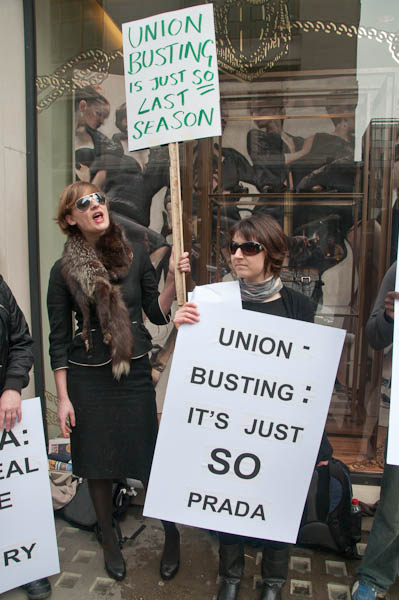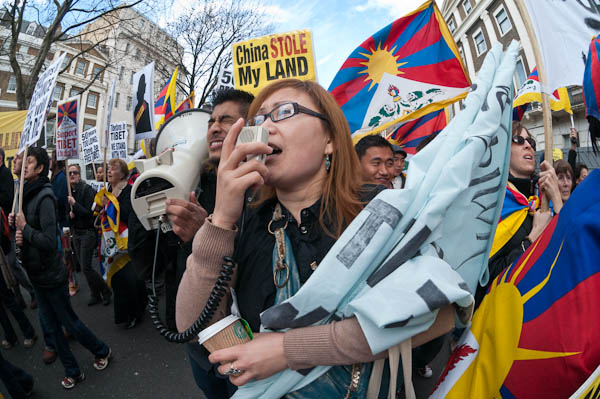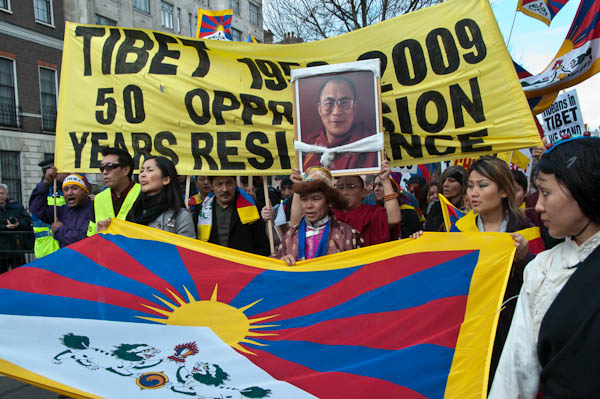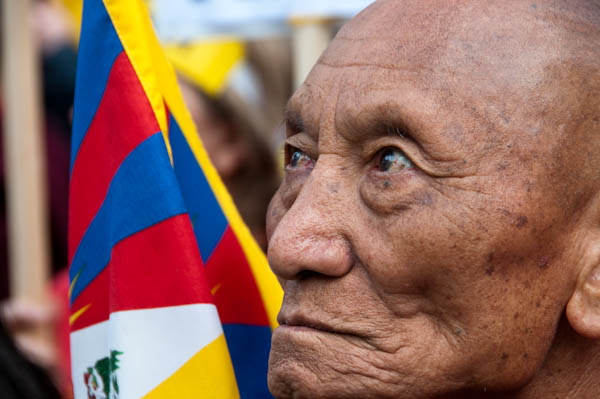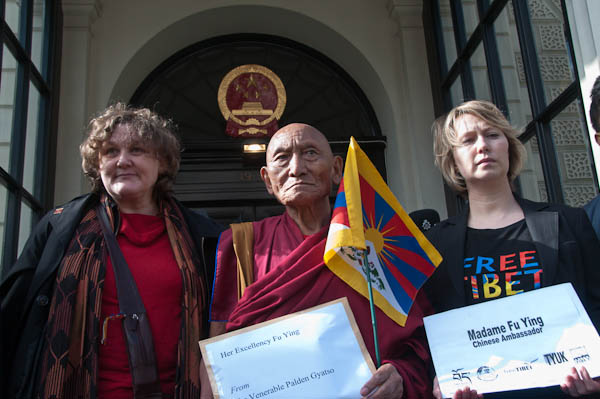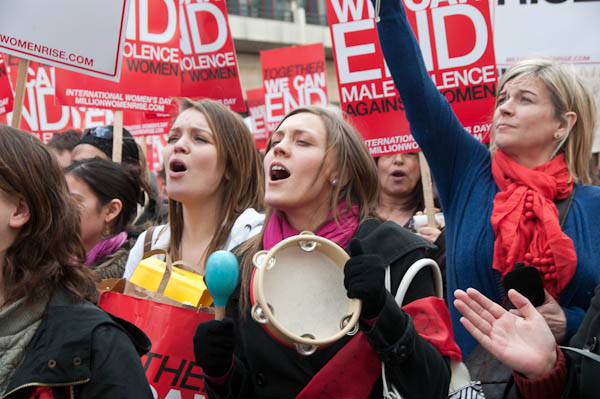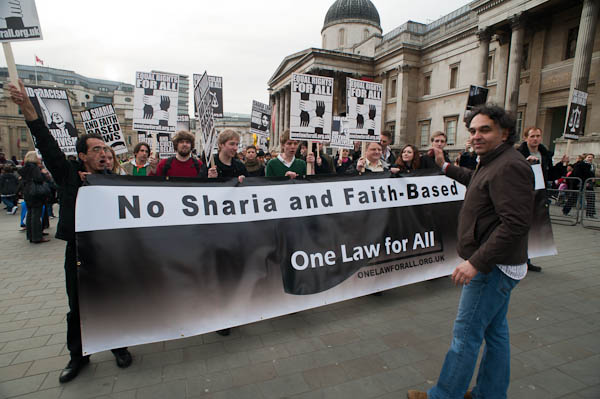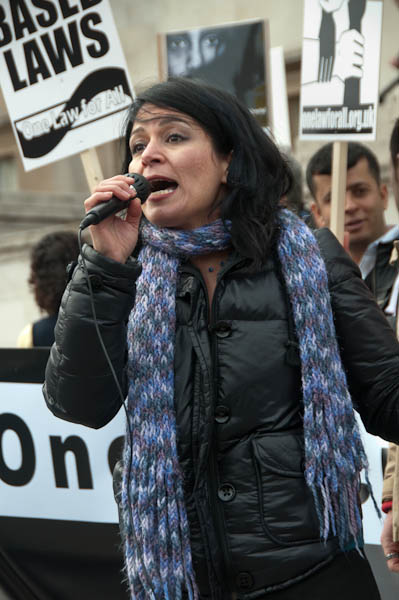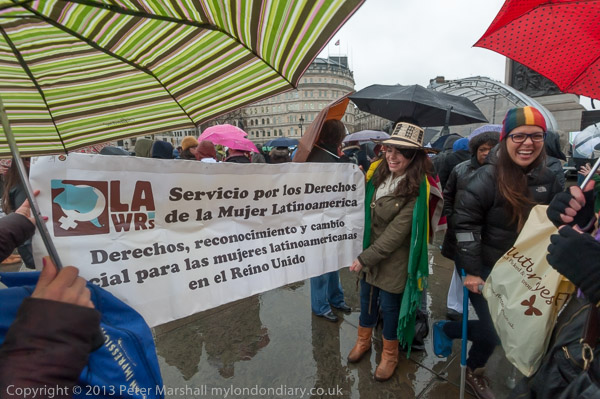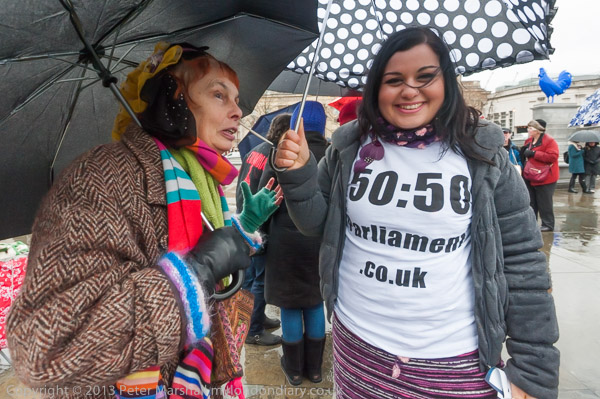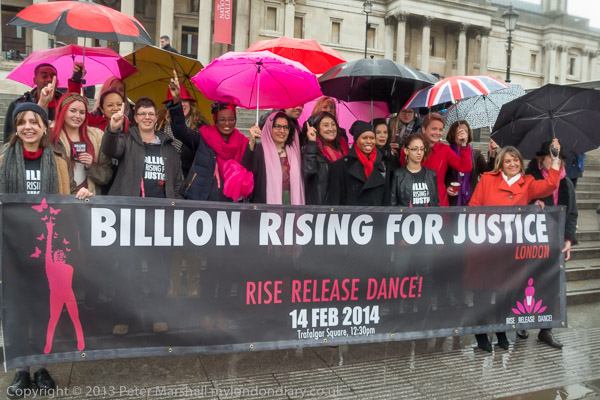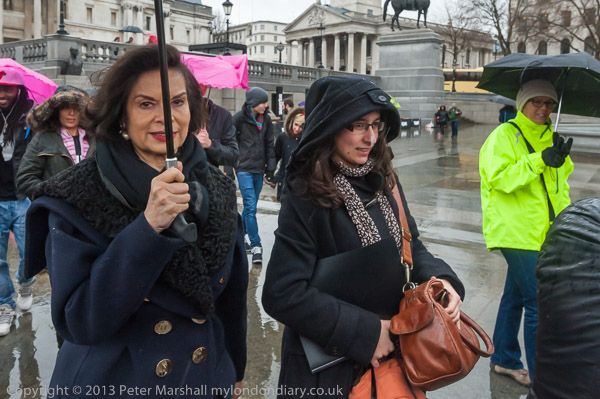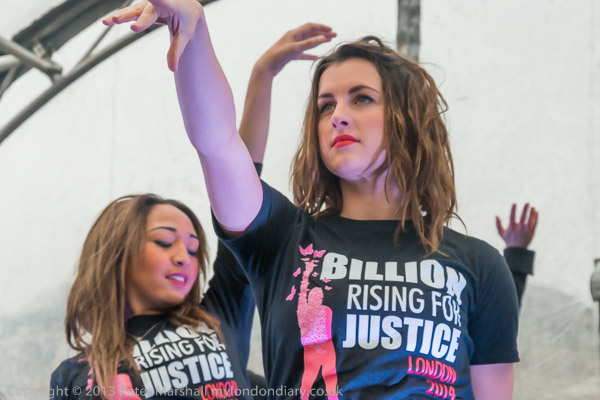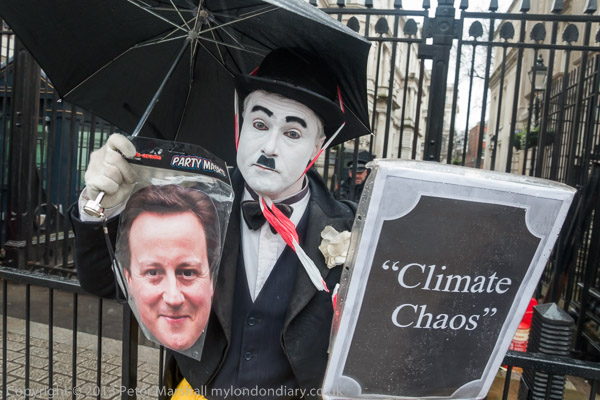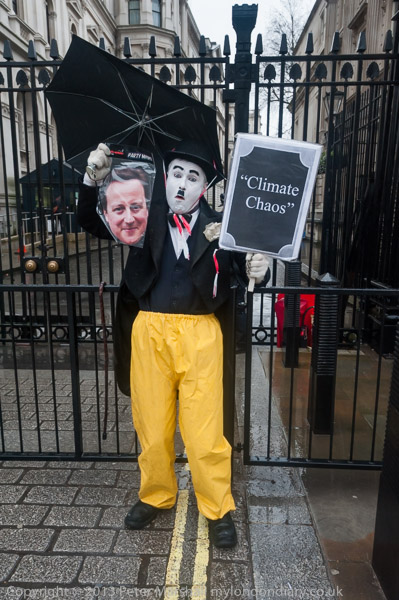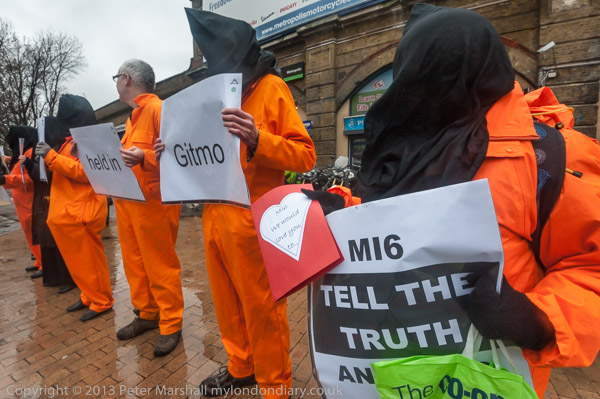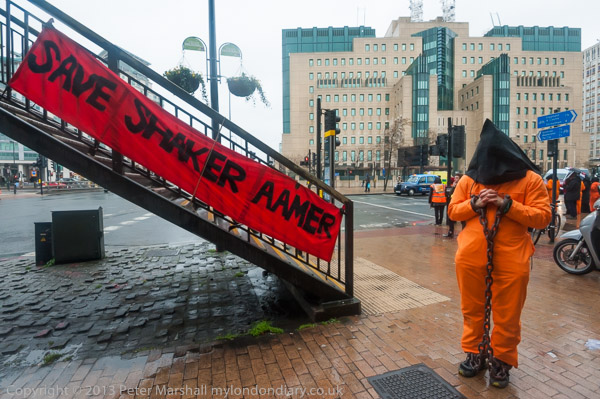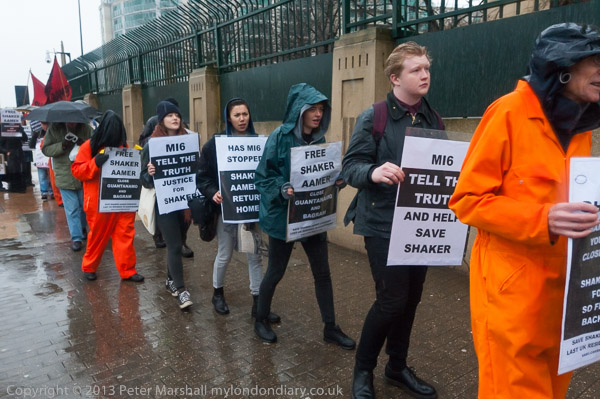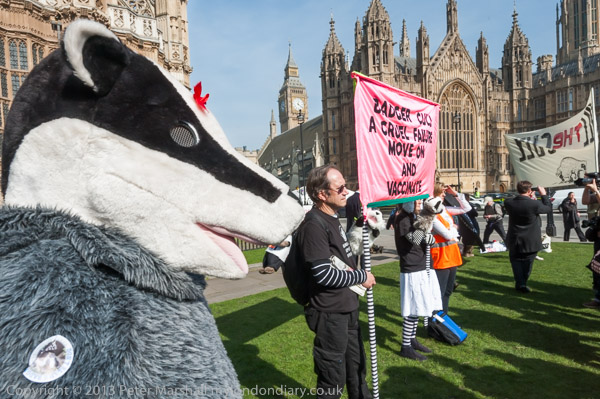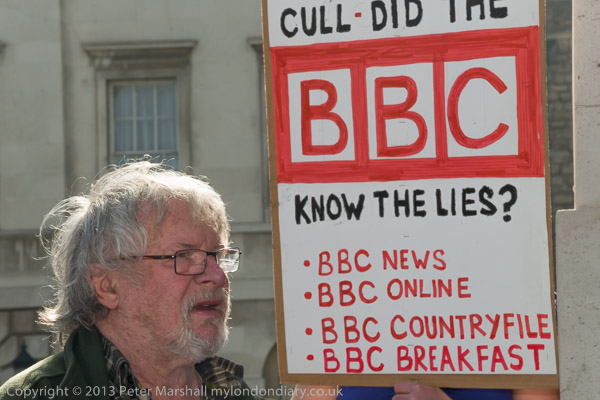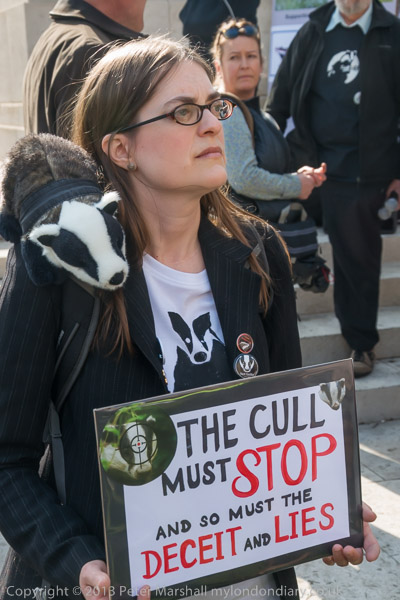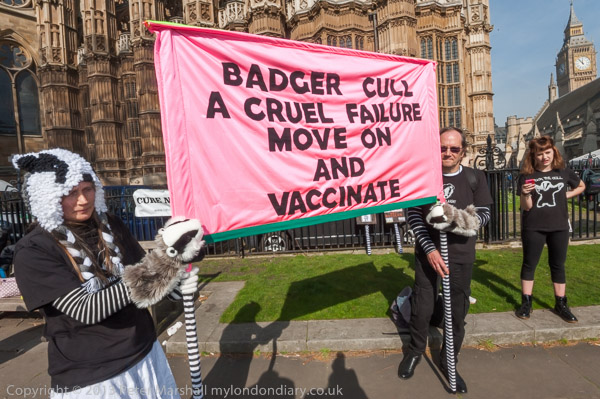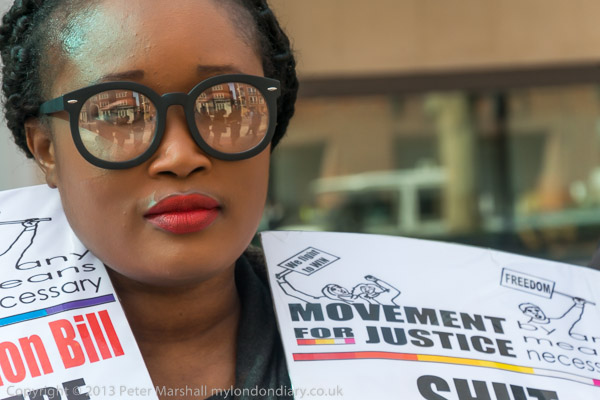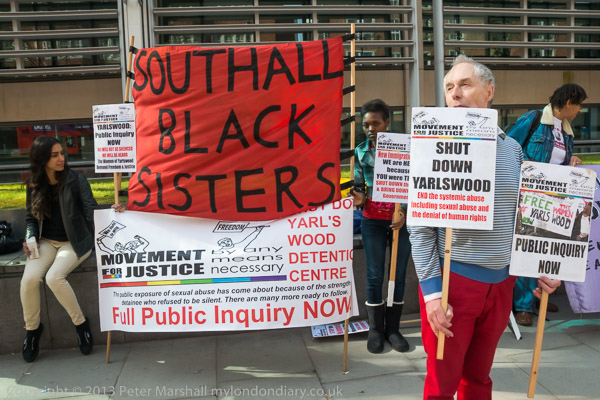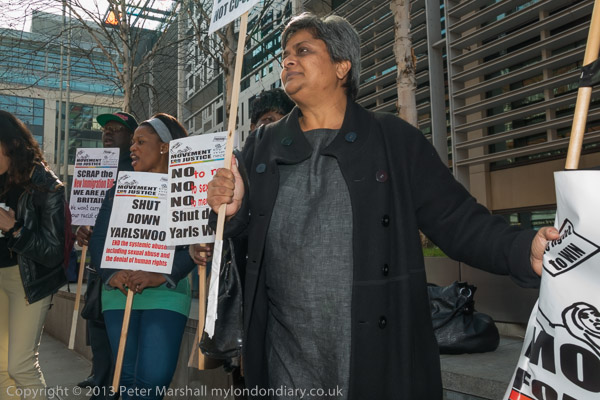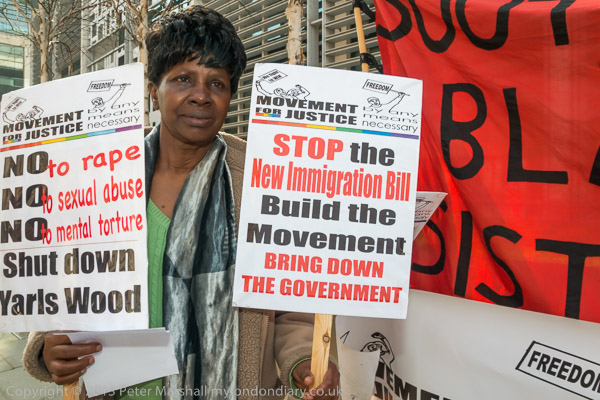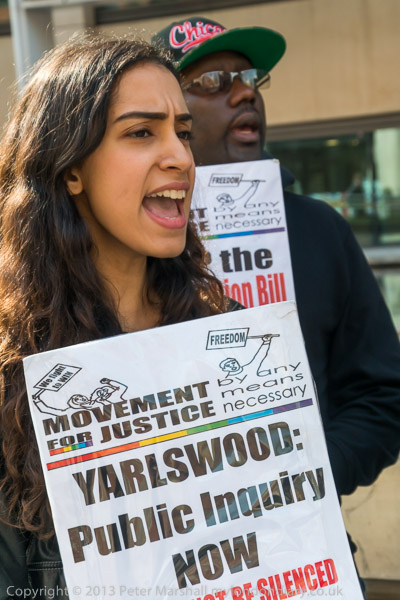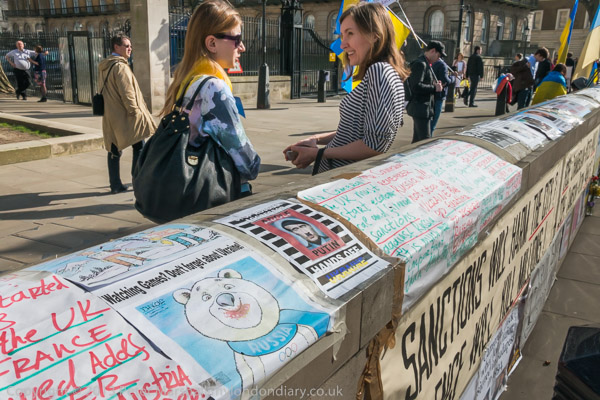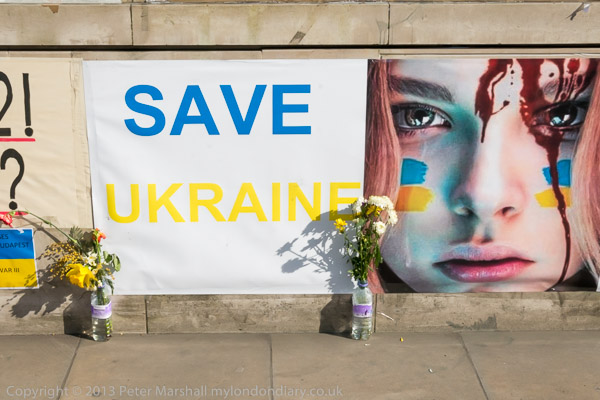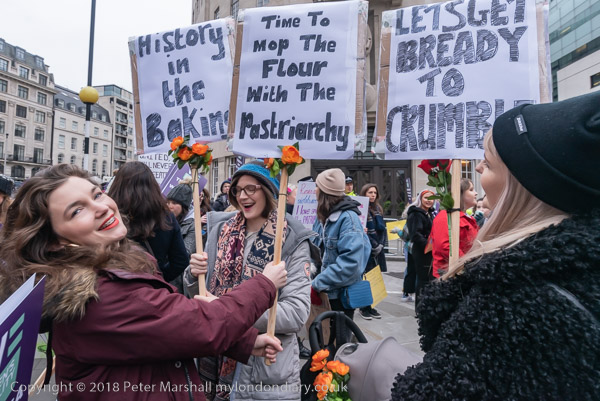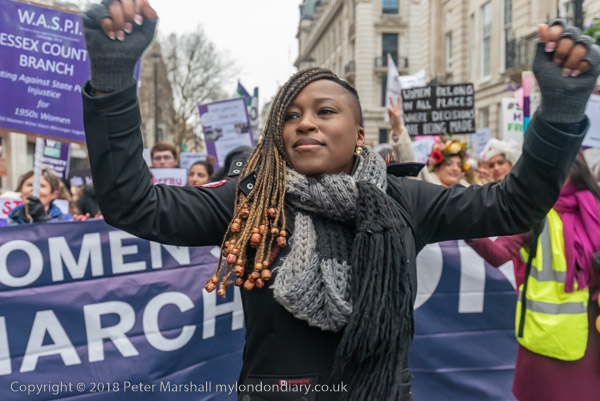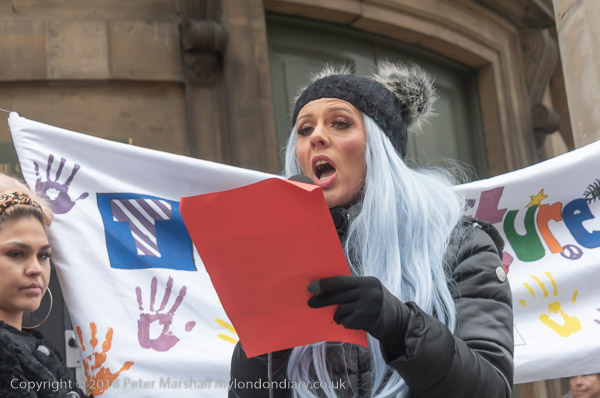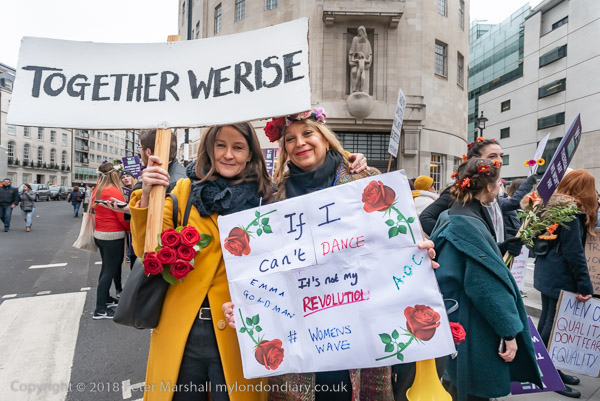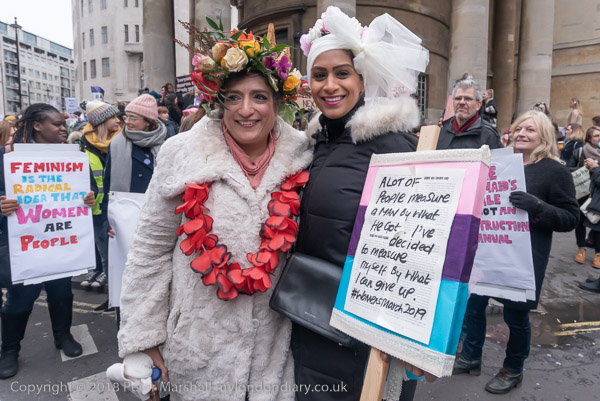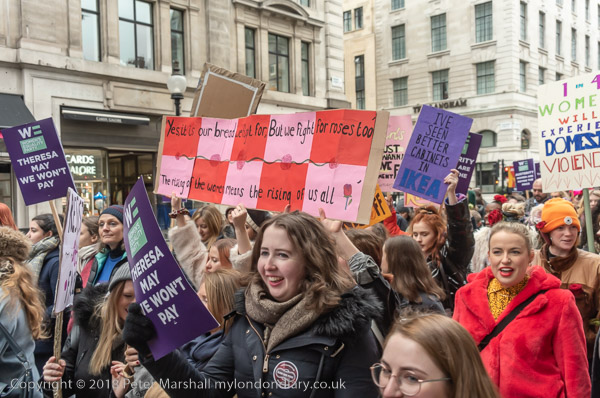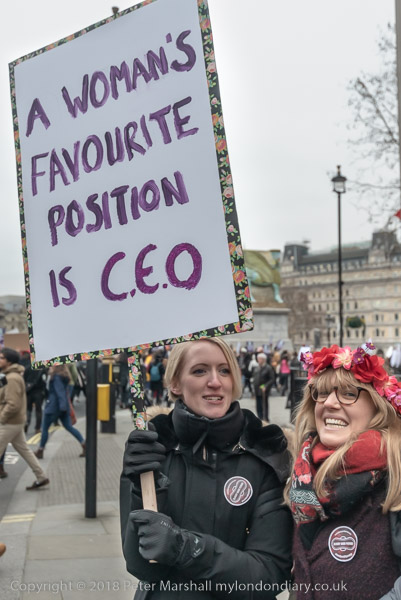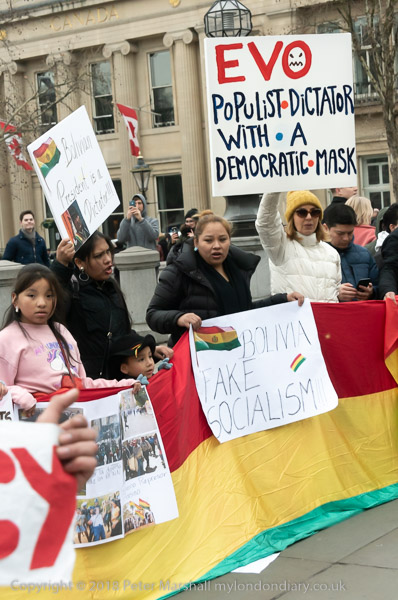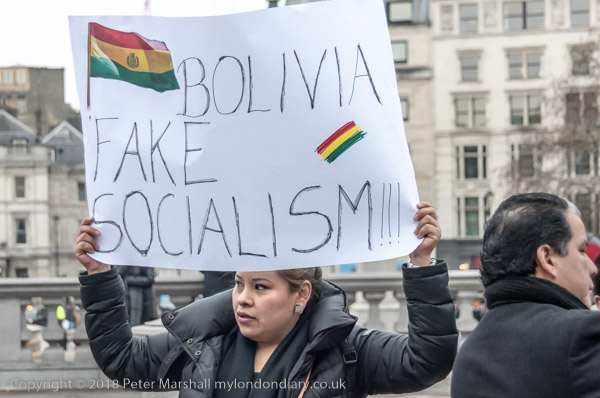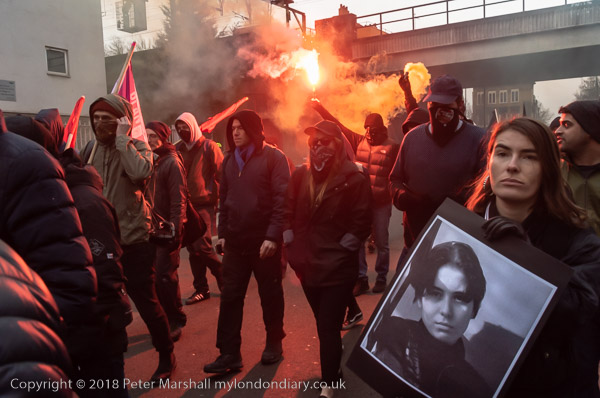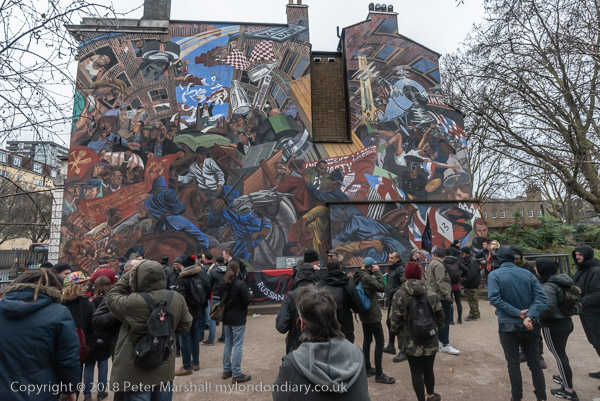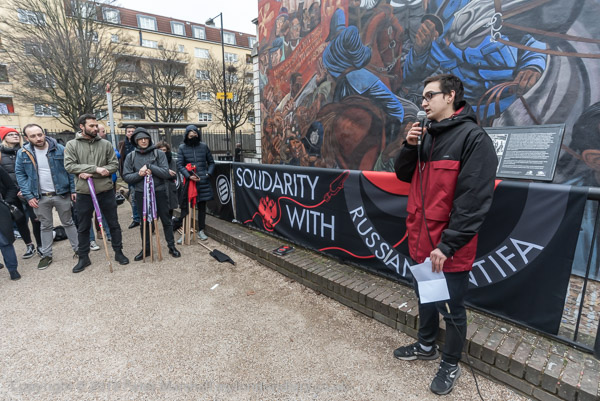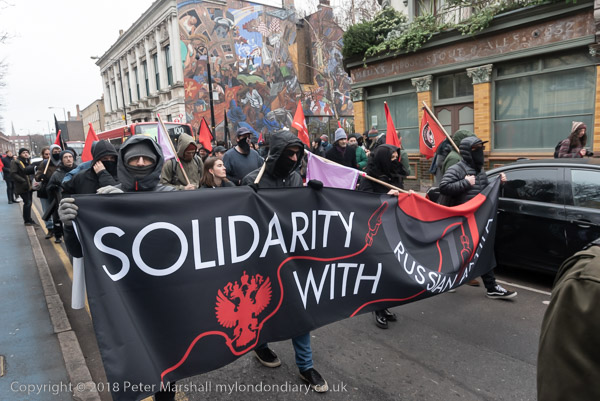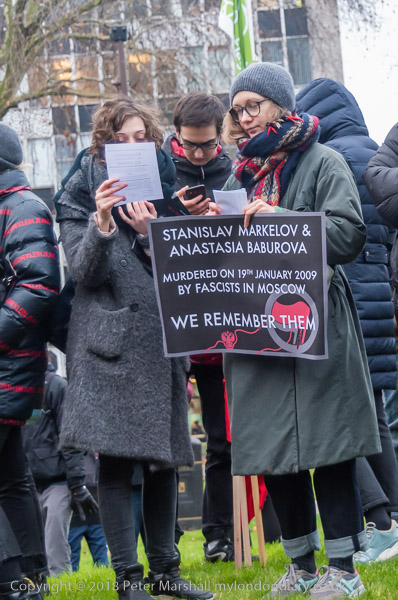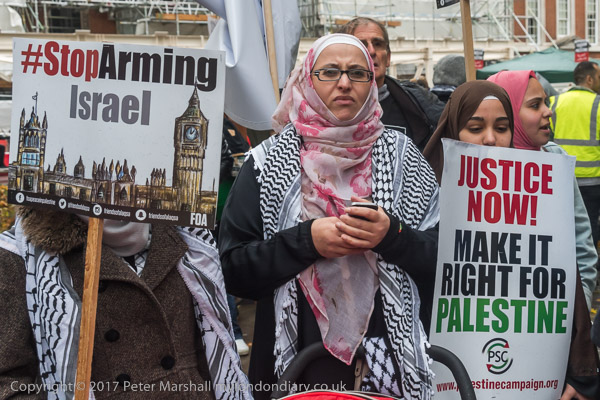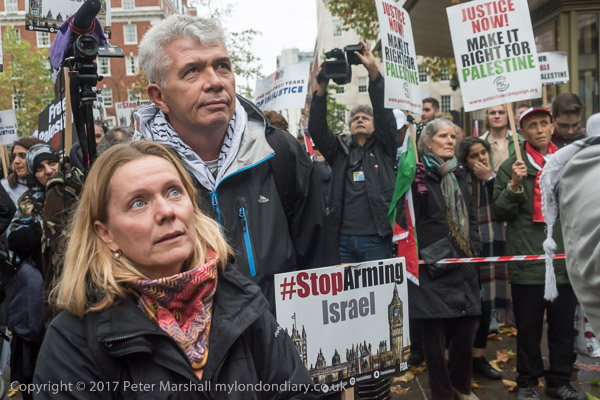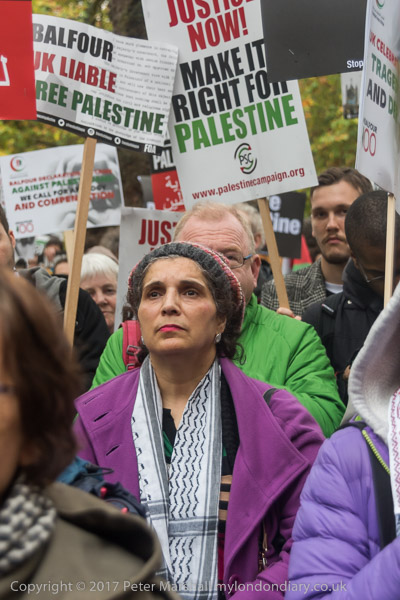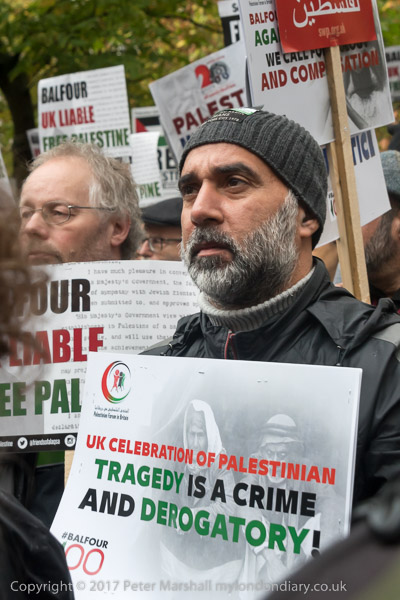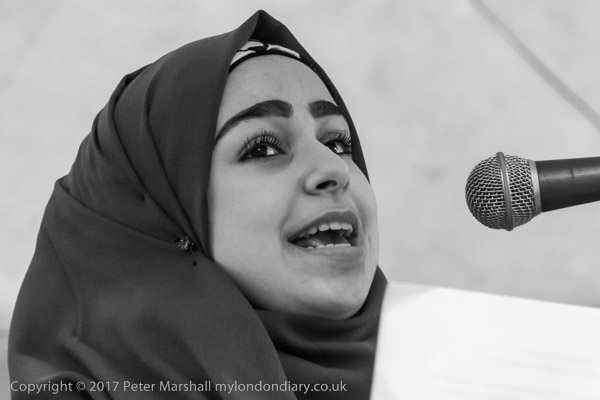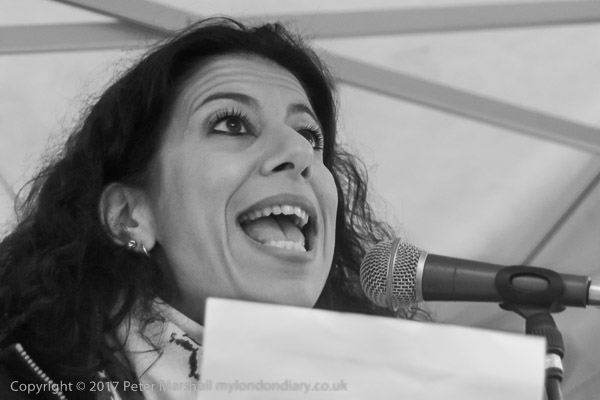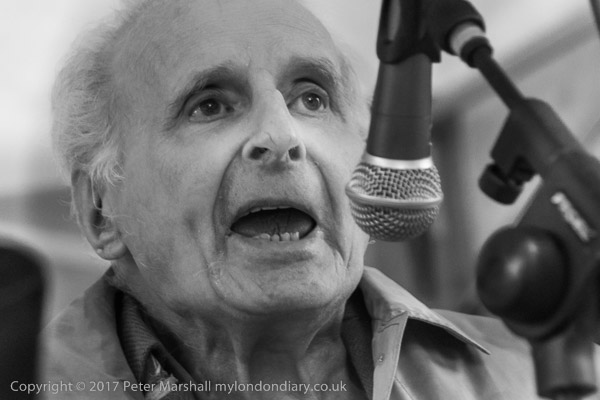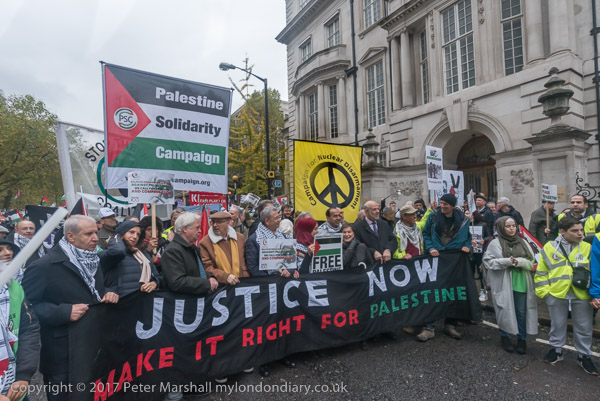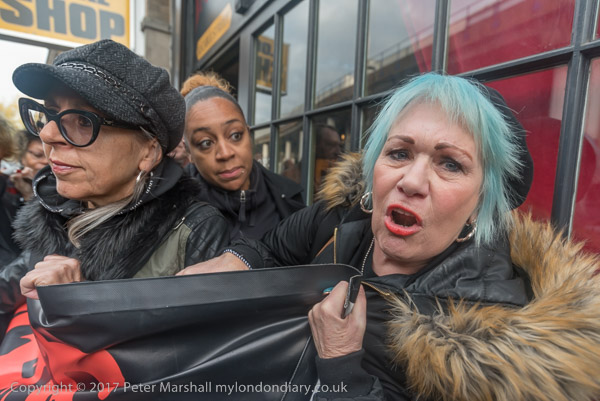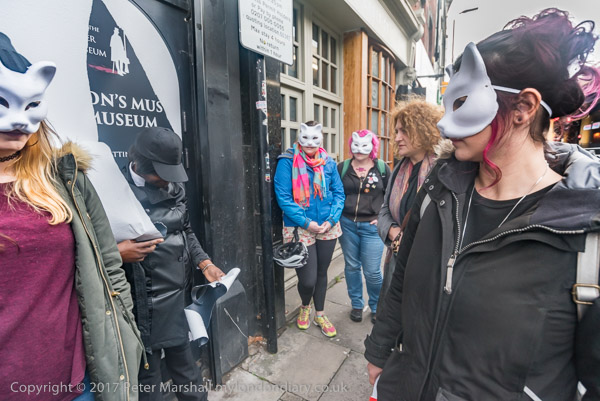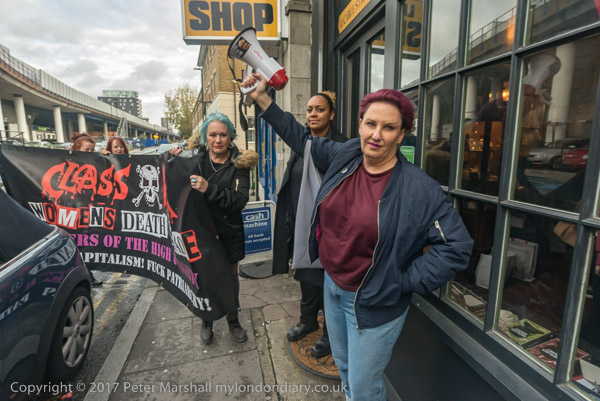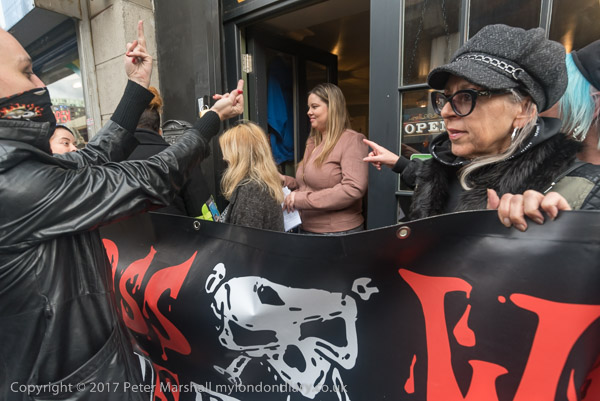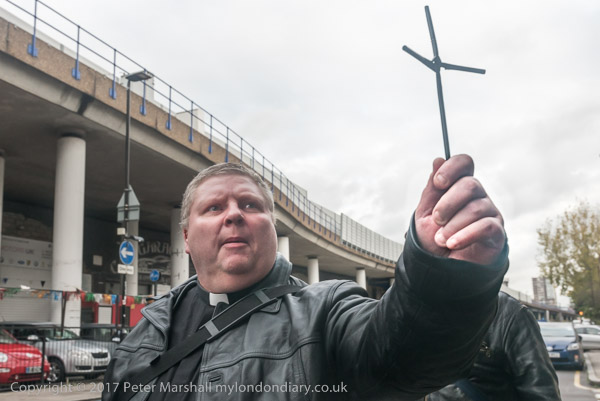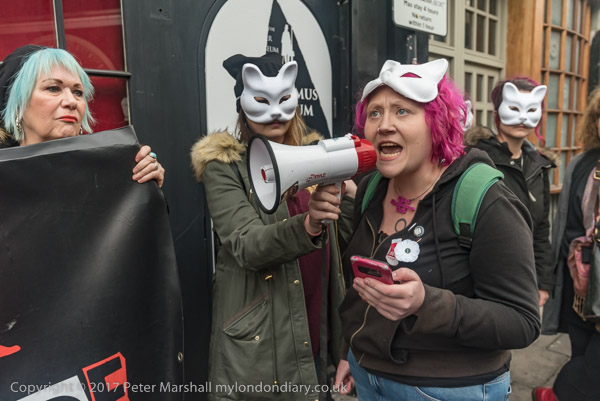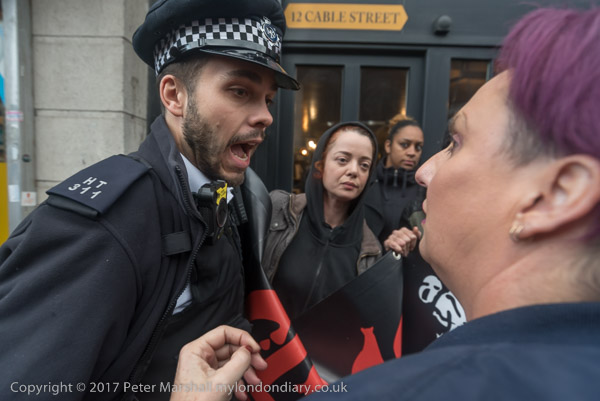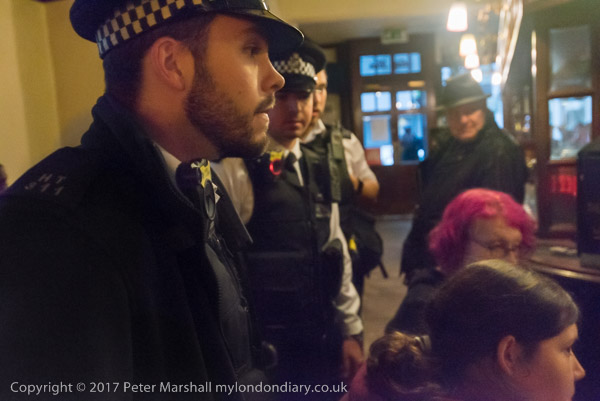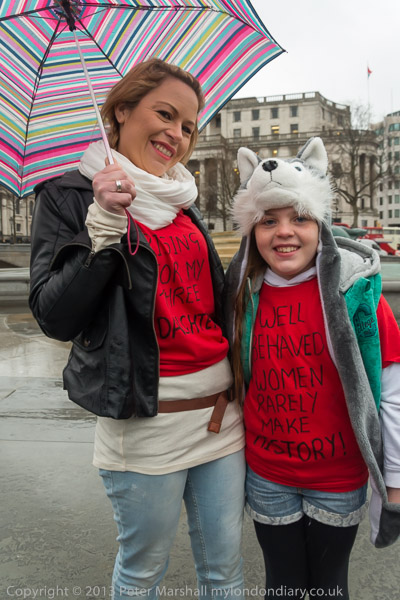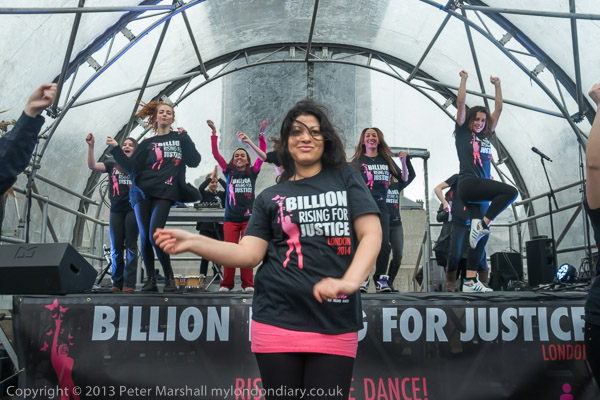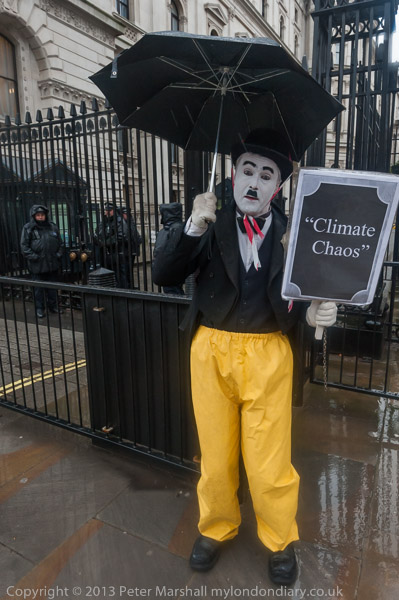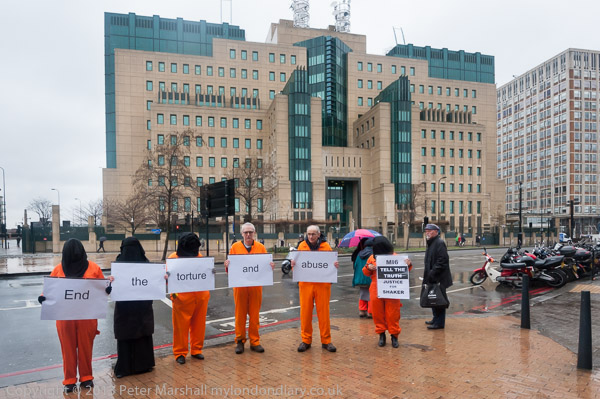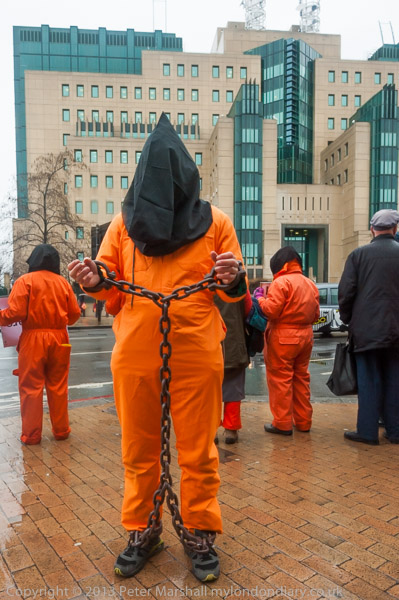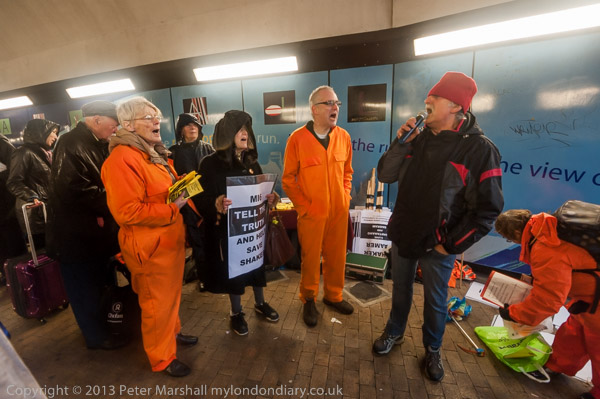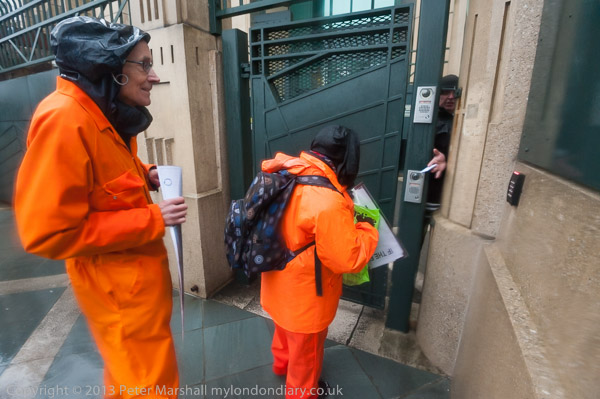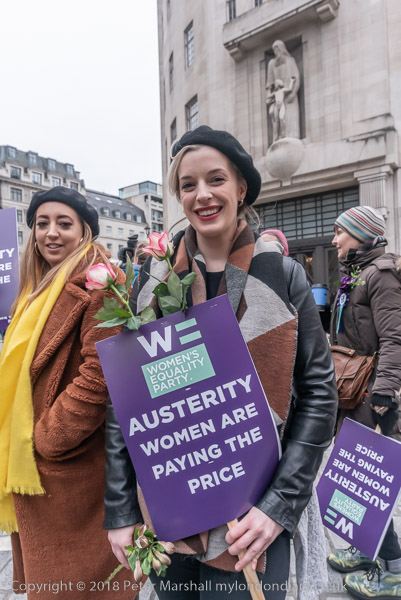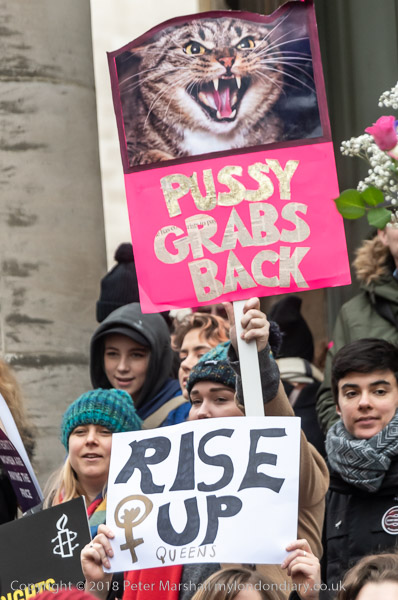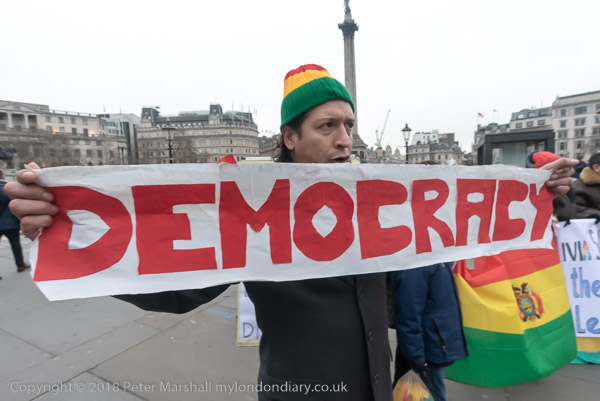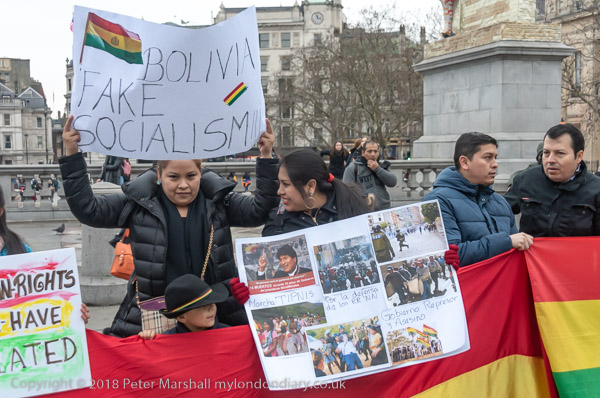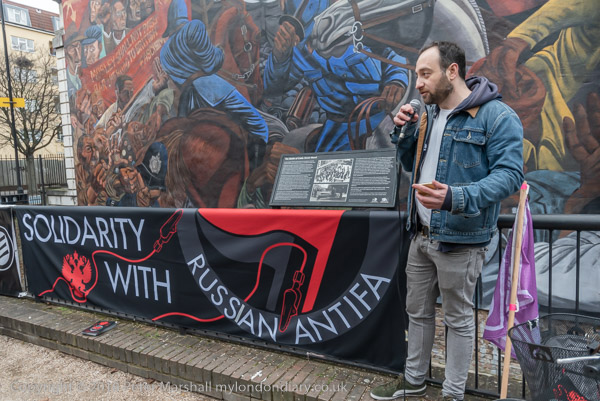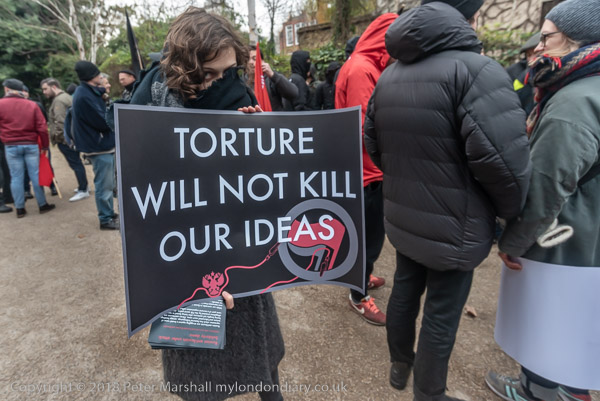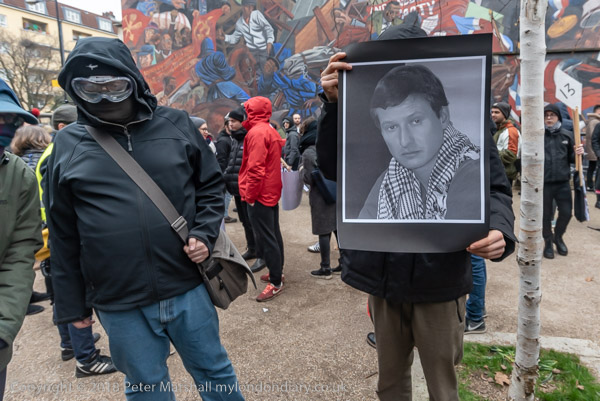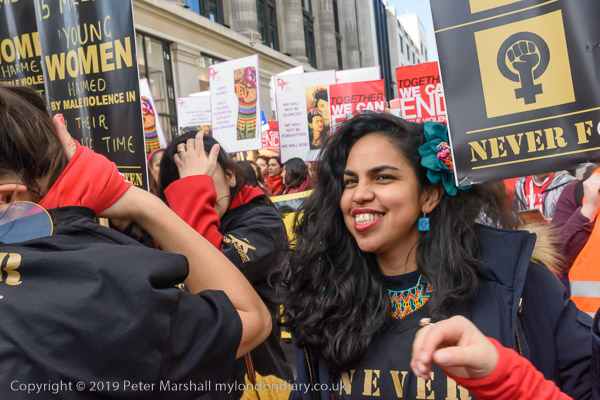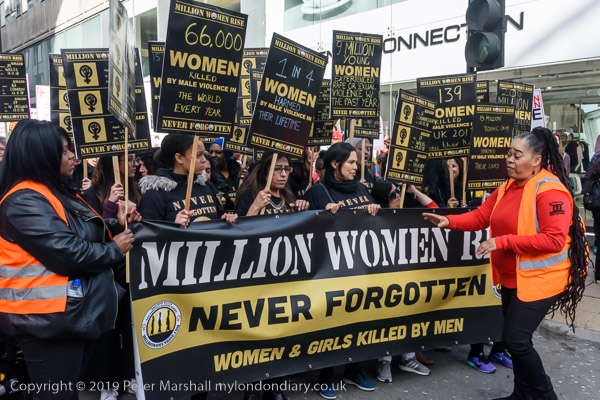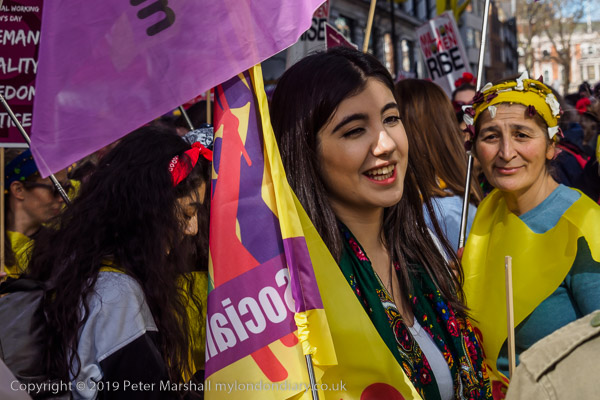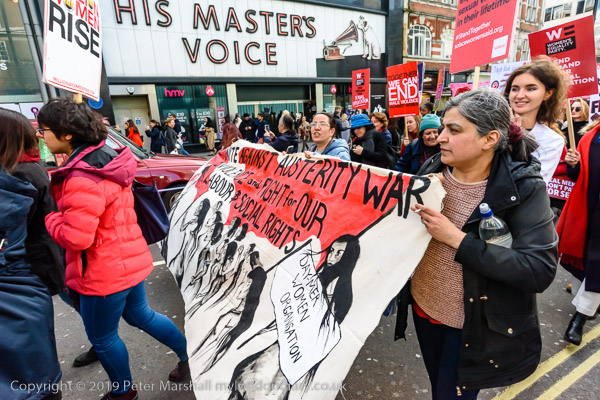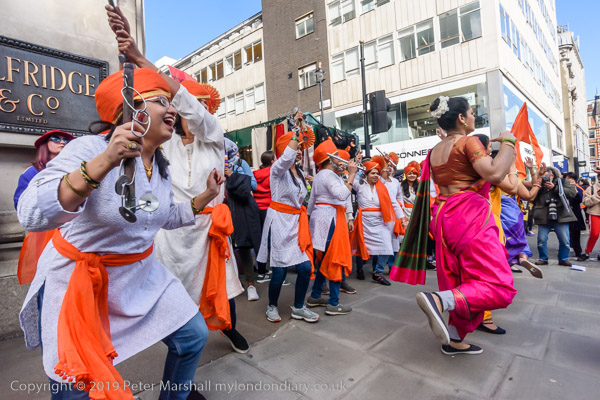Brexit Now, Save the Sunderbans, Close Ripper ‘Museum’: Saturday 10th November 2018 I began at a small protest by extreme right ‘Leave’ supporters against the lack of progress in leaving the EU. From there I went to a rally in Whitechapel which was part of a global day of protest to save the the world’s largest mangrove forest and then met Class War for another protest against the misogynist Ripper museum in Cable St.
Leave Voters say Leave Now!
Trafalgar Sq
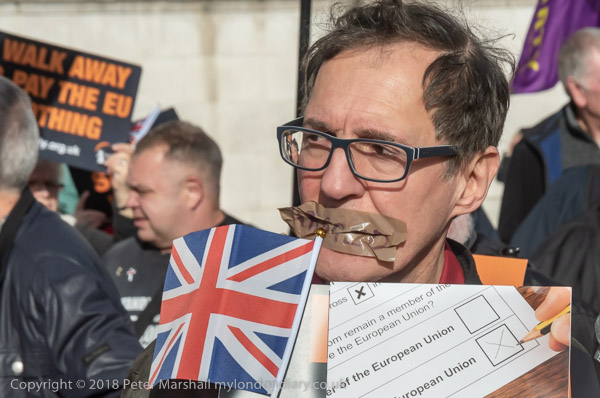
Only around a couple of hundred people had come to Trafalgar Square for a protest by extreme right wing groups led by what I think is the now defunct group UK Unity (their domain address is now for sale) and backed by others including the For Britain Movement and UKIP. There were faces familiar from other extreme-right protests.
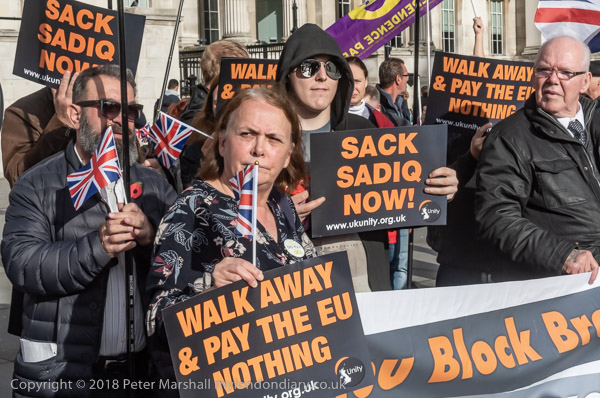
They were angered by the lack of progress in exiting the UK and the concessions that they said Theresa May was making to the EU. This was one of five protests taking place that day, in Coventry, Norwich, Cardiff and Leeds as well as London.
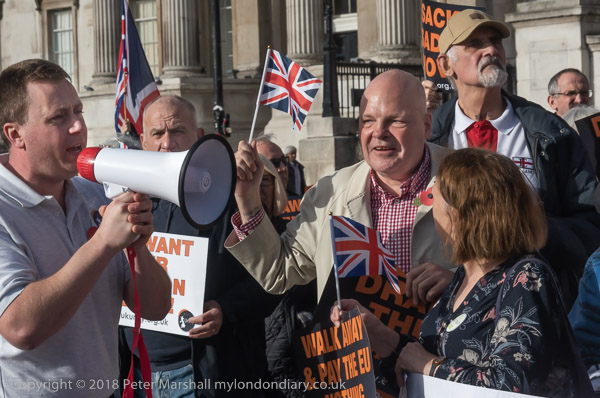
They called for a 5 point plan:
- Britain should leave the EU entirely without payments;
- An end to mass immigration;
- to properly run and fund our public services;
- to scrap the House of Lords and reform democracy;
- to put British Laws, British Culture and British People first.
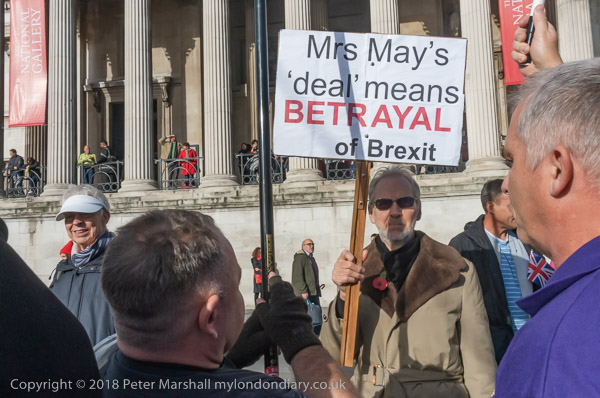
Many also held posters calling for London Mayor Sadiq Khan to resign, though this appeared simply to be Islamophobia. I listened to a couple of speeches which I felt “reflected some irrational views on Brexit, fired by emotion and ignoring the realities.”
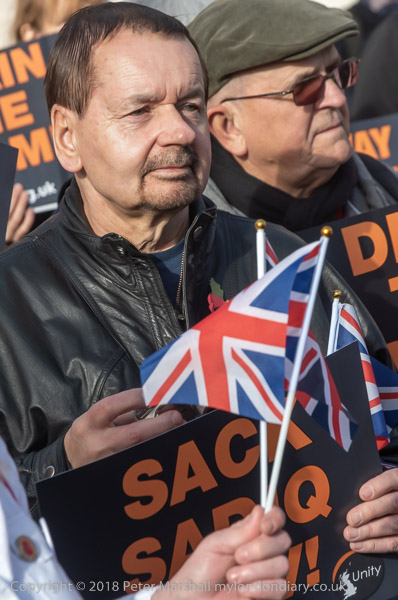
As I commented in 2018, “It was always the case that the kind of break with the EU that many voted for was impossible, and that if we are to leave there will be many unpalatable consequences. The best possible deal was always going to be a poor deal in many ways, and no responsible politician thinking about the future of the nation rather than their own personal fortunes would be campaigning or voting for leaving without a deal.“
Global Day to save the Sunderbans
Altab Ali Park, Whitechapel
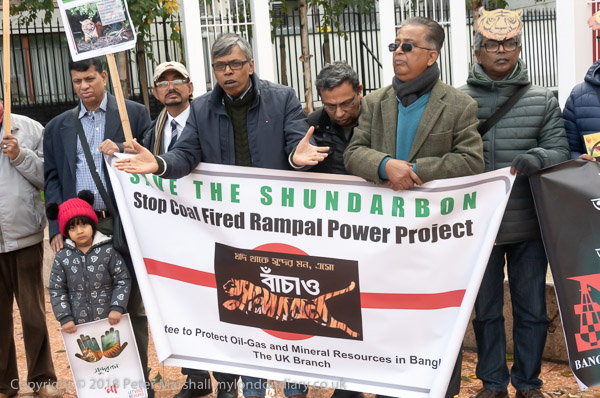
The UK branch of the National Committee to Protect Oil Gas & Mineral Resources, Bangladesh, supported by others including Fossil Free Newham were taking part in a global day of protest to save the Sunderbans, the world’s largest mangrove forest and a UNESCO World Heritage Site.
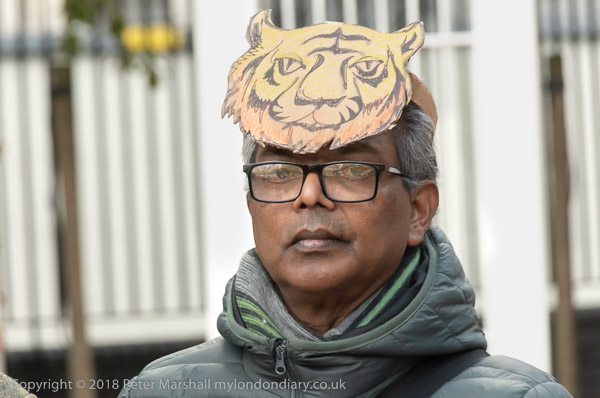
The Bangladesh and Indian governments were building the giant Rampal coal-fired power plant, which would become the largest power station in Bangladesh. Clearly this will be disastrous for climate change, producing huge amounts of carbon dioxide, but it also threatens the nearby wetlands, and is in violation of the Ramsar Convention for the conservation of wetlands which Bangladesh has signed up to.
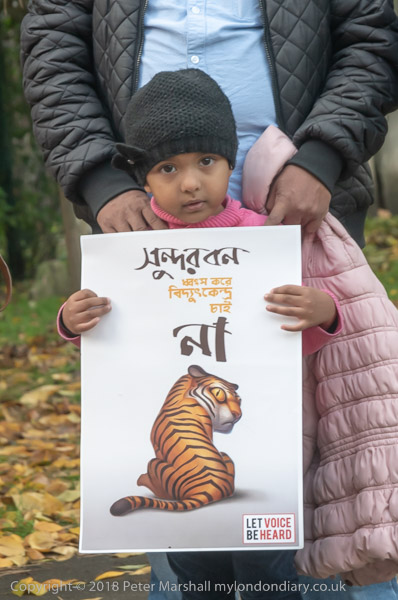
The power plant will take huge amounts of water from the river which flows through the Sunderbans, and release hotter water containing toxic materials which will endanger the mangroves, marine animals and the people living in the area.
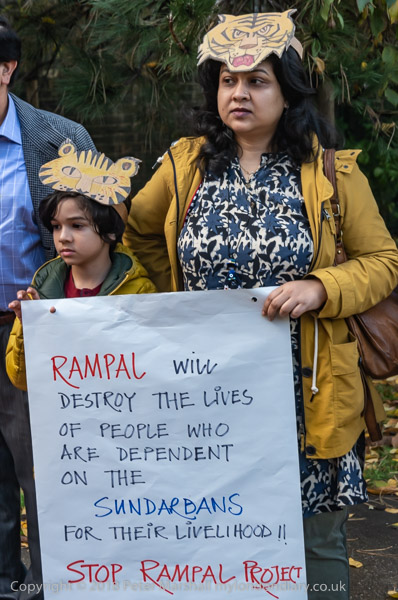
The 4.72 million tons of coal per year to the plant on ships through the shallow rivers will seriously disturb the Sunderbans and will also result in considerable pollution.
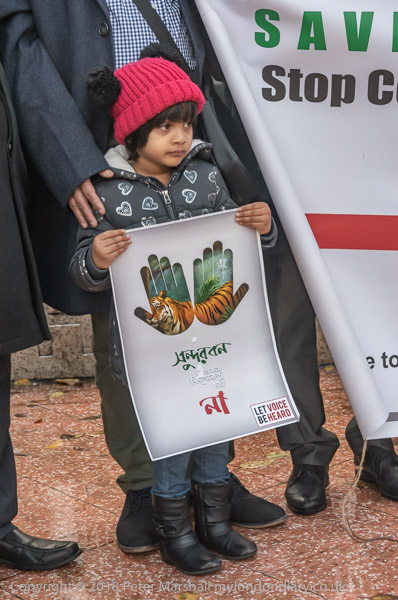
The development “will also make around 50 million people more vulnerable to storms and cyclones, against which the Sunderbans serve as a natural safeguard.” Global warming and climate chaos is already making such climate events more frequent and more severe – and the extra greenhouse gases from this plant will add to this.
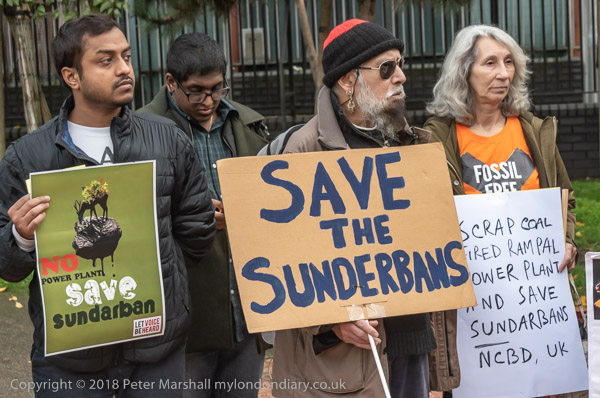
Bangladesh is already one of the countries most under threat from frequent flooding. There were huge protests against the plant with numbers of protesters being killed. Despite huge opposition in the country and around the world, construction at Rampal continued and the first stage of the plant was commissioned in October 2022.
More on My London Diary at Global Day to save the Sunderbans
Class War picket the Ripper Museum
Cable St, Whitechapel

Class War had come once again to protest outside tacky misogynist tourist attraction which gained planning permission by pretending to be a museum of the history of women in London’s East End after it had failed to comply with some of Tower Hamlet’s Council’s planning decisions about its frontage.
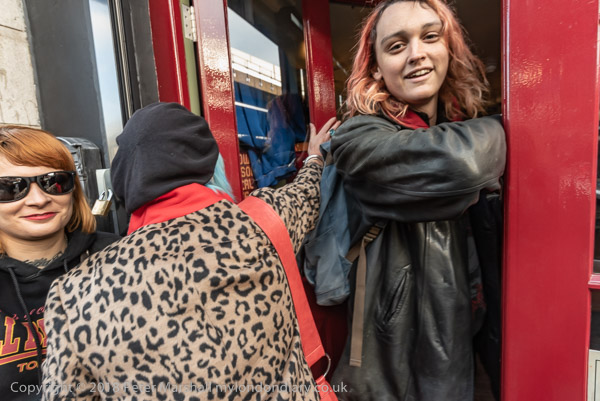
One protester walked into the shop but was pushed out by one of the shop staff and they then called the police who arrived in a few minutes, having been waiting for the protest a short distance away. An officer tried to persuade the protesters to move away from the front of the shop and hold their ‘Womens Death Brigade’ banner on the opposite side of the road, but the took no notice.

A woman officer, CE3200, her name carefully hidden, complained to Class War about their language and told them they can be arrested for swearing. They told her the law. Swearing isn’t an offence in itself, it has to offend people – and you are particularly unlikely to be found guilty of swearing at the police, who are not generally supposed to be easily shocked.

This was intended as a short protest and Class War were rolling up their banner when a small group arrived to enter the shop. Class War talked with them politely, making clear the disgusting nature of some of the displays which glorify the gory nature of the crimes and denigrate the poor working class victims in a brutally misogynist fashion, causing offence to some of their still-living relatives.

They listened, but still went into the museum, with police ensuring they could enter safely. Class War then left for a nearby pub and I went with them.
More on My London Diary at Class War picket the Ripper ‘Museum’
Flickr – Facebook – My London Diary – Hull Photos – Lea Valley – Paris
London’s Industrial Heritage – London Photos
All photographs on this page are copyright © Peter Marshall.
Contact me to buy prints or licence to reproduce.

